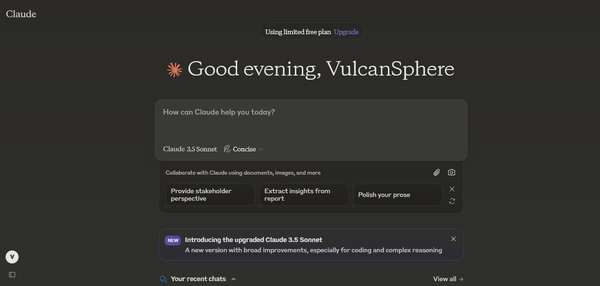Suspected foreign actor likely accessed lawmakers' emails and chat logs in CBO hack
Italian consultant is latest public victim of Paragon spyware, WaPo was caught up in Oracle E-Business Suite breach, Landfall spyware targeted Galaxy phones in campaign, Site-blocking can disrupt legitimate services, DHS is spying on college football games, RTV Noord was hit by attack, much more





